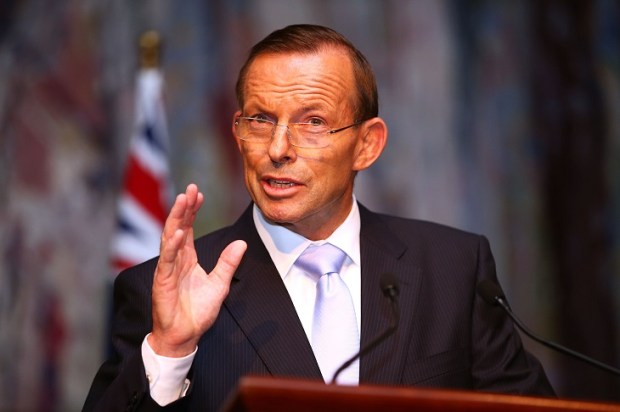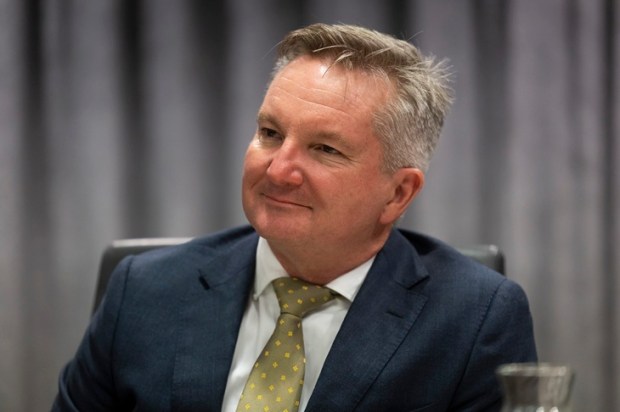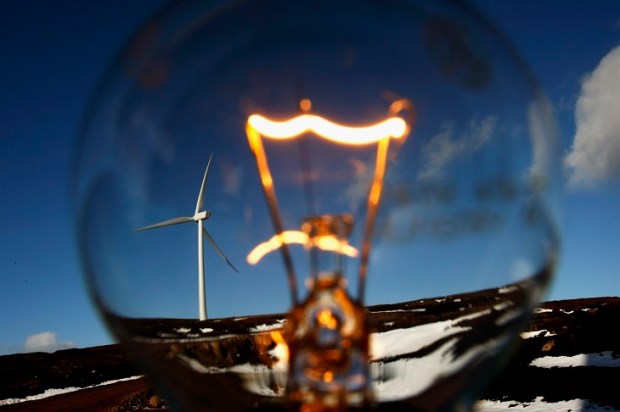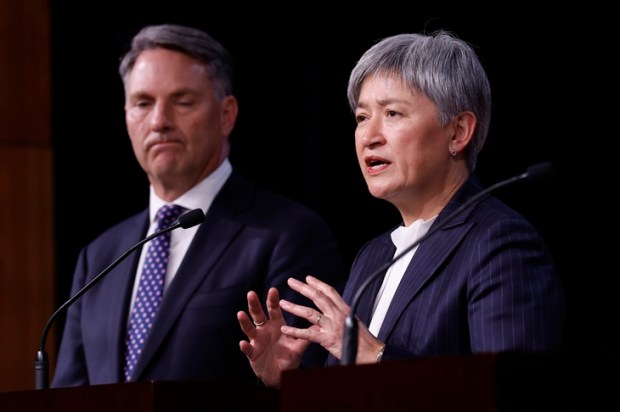The Liberals are behind Labor in polls for the May 3 election. Can they reverse this?
Here is a possible way of doing so: an announcement on energy policy to be made by leader Peter Dutton over the next 10 days and designed to shake the electorate into re-thinking its approach to energy policy.
In this proposed announcement, Mr Dutton makes three key points.
The first point concerns electricity prices.
Mr Dutton could open the announcement by saying something along the lines of:
Our electricity system is badly broken, costing us all dearly. For households, electricity costs have become an increasing burden. For businesses, they are proving destructive.
This is true at the big end of town – for example, the aluminium industry in Australia, once a world leader, is barely surviving now because of high electricity costs.
It is also true at the small end of town – in my electorate, there are several long-standing pizza shops that say they can no longer stay in business with present electricity costs.
Up to the Year 2000, when we depended mainly on coal, Australia had among the lowest electricity prices in the world. We now have among the highest.
Since 2000, consumer electricity prices have increased much more strongly than overall consumer prices.
Why? Mainly because of wind and solar energy, which supplied almost no electricity in 2000, but supplies over 30 per cent today.
It is true that wind and solar power are cheap when the wind is blowing and the sun shining. But this happens less than one-third of the time in most parts of Australia.
Because wind and solar produce electricity only intermittently, we have to build two electricity systems, one for renewables and one for coal and natural gas.
This is shockingly expensive.
And because wind and solar farms are often far from the grid, they often require expensive new transmission lines.
This is also shockingly expensive.
Australia provides over $15 billion per year to support wind and solar energy. Without this support, wind and solar energy would only be a small part of our electricity system.’
The second point concerns coal. In our fantasy version, Mr Dutton argues what is indubitably true, that in Australia, coal is not only considerably cheaper than renewables, but also cheaper than other sources of electricity.
‘What it means is that, if we want low-cost, reliable electricity, we have to welcome coal, not demonise it. Australia is blessed with coal and should take advantage of it.’
What about natural gas?
Mr Dutton would reply:
‘I used to think that natural gas was part of the answer to our energy problems, but I have been wrong on this.
Natural gas is twice as expensive as coal in Australia for electricity production.
Natural gas’ proper role is in dealing with short-term jumps in demand, for example, when people come home and turn on computers, together with air conditioning in summer or heating in winter.
Natural gas plants are good at dealing with this as they can be stepped-up quickly, which coal plants can’t be.
But for electricity around the clock, natural gas cannot compete with coal.
And, in any, case, natural gas is in short supply in the eastern states, with Bass Strait supplies declining and onshore exploration and development banned (Victoria) or restricted (NSW). In addition, sending natural gas from Queensland to NSW and Victoria is restricted by pipeline constraints.’
What about nuclear power?
He could reply:
‘The Liberals believe in commercial nuclear power and will lead the way in introducing it to Australia. But we recognise that nuclear power will not play a significant role in Australia until the 2040s. And even then, it will probably be more expensive that coal.
At the same time, nuclear power will be important in diversifying our sources of electricity and may be a wonderful way forward in conjunction with coal.’
His third point concerns climate science, the whip that Labor and the Greens are waiting to wield should he raise this issue.
But raise it he should, as he can counter the whip. Here is what he can say.
‘It is widely agreed that greenhouse-gas emissions (as produced by coal, natural gas and crude oil) lead to an increase in warming.
But are they the main driver of warming? Even to the layperson, this is questionable, given that we have had global warming for millions of years, including recently in Minoan, Roman and medieval times, warming that has had nothing to do with greenhouse-gas emissions.
And the proposition that emissions are the main driver of global warming is questioned by some eminent scientists.
For example, Professor Judith Curry, a well-known US researcher and writer on climate science, says that “the climate system is way more complex than just something that you can tune with a carbon-dioxide control knob”.
Professor Steven Koonin, a prominent US physicist and former senior science official in the first Obama Administration, says that “the science is insufficient to make useful projections about how the climate will change over the coming decades, much less what effect our actions will have on it”.
William Happer, emeritus professor of physics at Princeton University, says that “since 1800, most warming has probably been due to … natural forces”.
John Clauser, winner of the Nobel Prize for physics in 2022, says bluntly: “There is no climate crisis”.
To address the issue of climate science, the Liberals will set up a committee of scientists from all sides of the debate to report within six months on where they agree and disagree on greenhouse gas emissions and global warming.
And we will hold public forums around the country on this issue.
Before taking any drastic action on climate change – as Labor is doing – we want to learn more about the science and learn what the Australian public thinks of it.
In the meantime [says Mr Dutton in conclusion], we will mend our broken electricity system, winding down subsidies for renewables and allowing coal to play its proper role in the system.
And in so doing, we will open up a new chapter for households and businesses in Australia.’
It would be a miracle if Mr Dutton agreed to make the announcement on energy policy proposed here.
At the same time, the Liberals may need a miracle to form government after May 3 if they do not quickly display more courage on energy and other key policy areas.
Brian Wawn is a Melbourne-based consultant

























